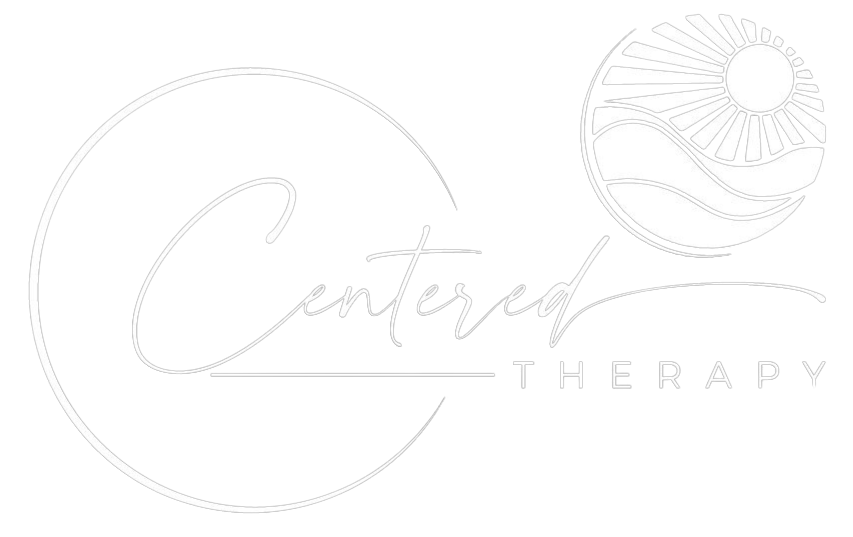Adolescent Therapy
Young adults aged 18 and older can benefit greatly from working with a licensed therapist who understands the unique challenges of late adolescence and early adulthood. Our providers specialize in adjusting techniques to meet the developmental stage and specific needs of young adults.
Counseling for Adolescents
While adolescence is often seen as a time of growth and self-discovery, it can also be a period of significant challenges. Whether they are navigating academic pressures, coping with trauma, or struggling with mental health conditions, young adults sometimes need professional guidance to maintain their well-being.
At Centered Therapy Counseling & Mental Health Services, we proudly offer specialized therapy for individuals aged 18 and older, with both online and in-person options available.
Types of Adolescent Therapy
We understand that therapy isn’t one-size-fits-all, especially for young adults. That’s why we offer several evidence-based approaches designed specifically for this age group. Our therapy options include:
- Cognitive Behavioral Therapy (CBT): Helps individuals identify and change negative thought patterns.
- Dialectical Behavioral Therapy (DBT): Teaches emotional regulation and coping strategies.
- Trauma-Focused Therapy: Supports healing after traumatic experiences.
- Mindfulness-Based Therapy: Focuses on reducing stress and improving emotional awareness.
- Depending on the client’s needs, therapy may include individual sessions, group therapy, or family involvement.
When to Consider Adolescent Therapy
If you’re unsure whether therapy might benefit your young adult, consider these signs:
- Difficulty managing emotions such as anger, anxiety, or sadness.
- Struggling with academic or career pressures.
- Challenges in maintaining relationships or navigating social situations.
- Experiencing major life transitions, such as moving away from home or starting college.
- Persistent feelings of hopelessness, isolation, or low self-esteem.
- Therapy can provide a safe space for young adults to explore their feelings, build resilience, and develop tools for lifelong mental well-being.
14 Signs an Adolescent May Need a Therapist
Adolescents aged 18 and older may benefit from therapy if they experience:
- Persistent sadness or tearfulness.
- Withdrawal from friends, family, or activities they once enjoyed.Excessive anger or mood swings.
- Difficulty managing academic or work responsibilities.
- Increased anxiety or stress about the future.
- Unhealthy coping mechanisms, such as substance use.
- Difficulty sleeping or changes in appetite.
- Unexplained physical symptoms like headaches or stomachaches.
- Difficulty recovering from trauma or significant loss.
- Overwhelming feelings of inadequacy or self-doubt.
- How to Prepare for Adolescent Therapy
- Starting therapy can feel daunting for both young adults and their families. Here’s how to prepare:
- Open Communication: Discuss the purpose of therapy and address any concerns they may have.
- Set Expectations: Explain what they can expect during the first session, including the importance of honesty and participation.
- Comfortable Environment: Encourage them to wear comfortable clothing or bring items that help them feel at ease, such as a notebook or water bottle.
What If You’re Not Sure What’s Wrong?
Sometimes, it’s difficult to pinpoint the exact issue. At Centered Therapy Counseling & Mental Health Services, our licensed therapists are trained to help identify and address underlying challenges. With a compassionate and supportive approach, we work collaboratively to create a personalized care plan that meets each client’s unique needs.


